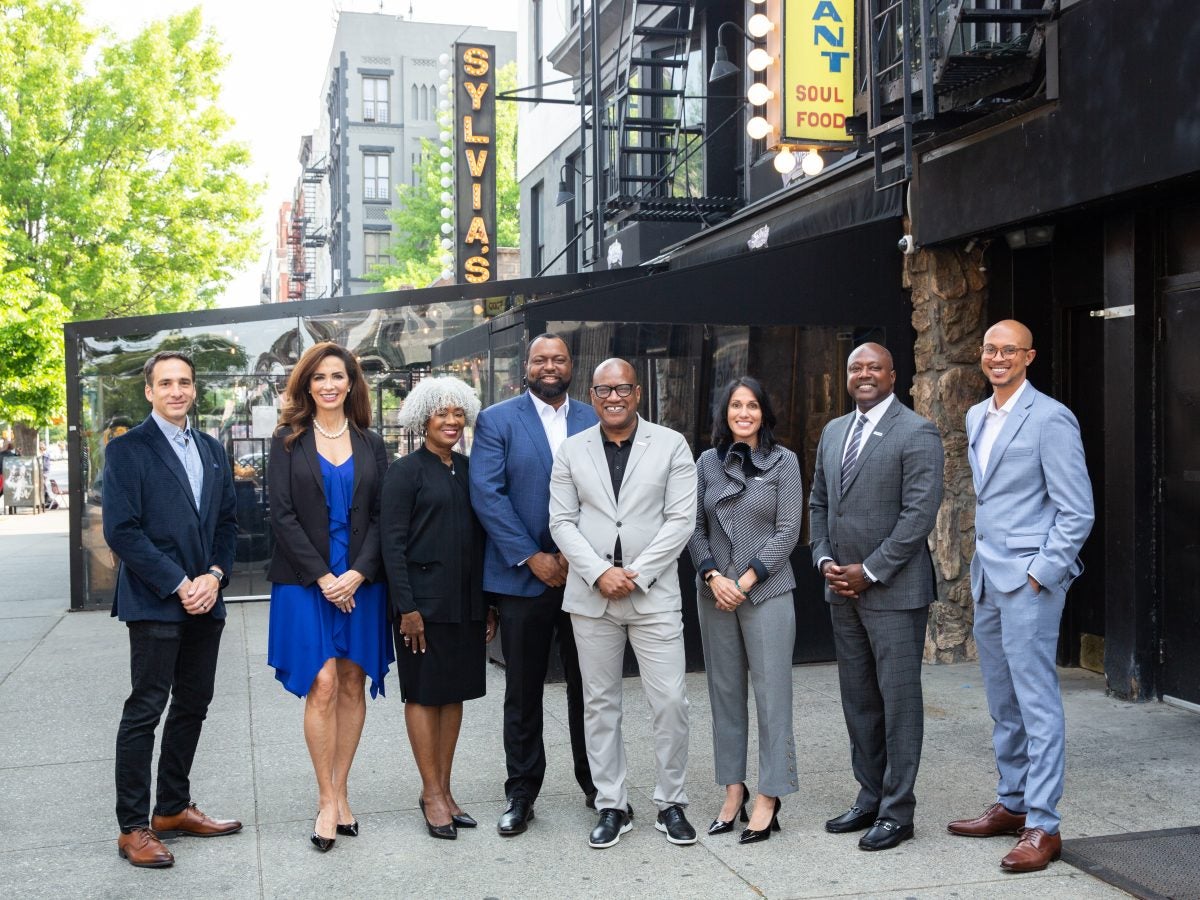
In the United States, the racial wealth gap remains an ominous representation of how centuries of systemic oppression can impact a people.
Despite the invaluable contributions to the infrastructure of the nation by our ancestors (including cotton production which, according to Cornell University historian Ed Baptist, was nearly half of the country’s economic activity in 1836)—Black Americans have historically been shut out from wealth-building opportunities. This has taken on the form of an array of discriminatory practices, including prejudiced housing and lending. From these, among other patterns, has emerged the nation’s glaring wealth gap.
The numbers are staggering.
As “Unequal,” a Harvard University series on race and inequality in America notes, “The typical white American family has roughly 10 times as much wealth as the typical African American family and the typical Latino family. In other words, while the median white household has about $100,000-$200,000 net worth, Blacks and Latinos have $10,000-$20,000 net worth.”
Pew Research Center further quantifies this egregious disparity, in 6 Facts About Economic Inequality in the U.S. “The difference in median household incomes between white and Black Americans has grown from about $23,800 in 1970 to roughly $33,000 in 2018 (as measured in 2018 dollars).”
The implications of the racial wealth gap are far-reaching. In fact, one could argue that the wealth gap is deterministic—after all, it impacts where one lives, the types of schools that children attend, and access to healthcare, amongst other factors.
U.S. Bank wants to close wealth disparities, starting with the Black community.
“So many companies in the wake of George Floyd’s murder talked about their billions of dollars commitments and hundreds of millions of dollars, and that’s great.” Greg Cunningham, an Executive Senior Vice President and Chief Diversity Officer at U.S. Bank tells ESSENCE. Notably, U.S. Bank is a financial institution based in Minneapolis, the city where 46-year-old George Floyd was killed at the hands of police in 2020. Cunningham continues, “Organizations go public, but the thing that is most important in my mind is, ‘What are the outcomes?’”
It is with this driving question that the U.S. Bank hosted a Wealth Equity Roundtable at the world-famous Sylvia’s Restaurant in Harlem, N.Y.
The meeting of minds was led by Cunningham, who also heads Access Commitment—a U.S. Bank initiative with a $100 million annual vow to help close racial wealth disparities. The breakfast brought together luminaries from across the financial sector, including Sandra M. Moore, Managing Director and Chief Impact Officer of Advantage Capital; Jay Bailey, CEO of Russell Innovation Center for Entrepreneurs (RICE); Claudia Romo Edelman founder of the We Are All Human Foundation; Cathy Englebert, WNBA Commissioner; Dan Rosen, General Partner at Commerce Ventures and Jason Foster, President and COO of Destination Crenshaw.
While the racial wealth gap is daunting and long-standing—these executives share their insights on how to move the needle forward.
Sandra M. Moore, a powerhouse attendee of the Wealth Equity Roundtable is committed to the “empowerment of people and the communities where they live.” Through her work, Moore seeks to “strengthen the fiber of community.”
A trained attorney and former administrative law judge, Moore has worked across numerous sectors, including private, public and nonprofit. At Advantage Capital, a growth equity firm working in both established and underserved communities, Moore is a trailblazer, as the company’s only Black woman partner. Ultimately when examining the racial wealth gap, Moore believes that disruption isn’t nearly enough.
“We talk a lot about disrupting the impediments to economic justice. We need to do more, we need to destroy them,” shares Moore at the roundtable.
Jay Bailey runs Russell Innovation Center for Entrepreneurs (RICE), an Atlanta-based Black business generator, named after the late entrepreneur and philanthropist Herman Jerome Russell.
“Find me someone more innovative than a single mother, with two kids making $17,000 a year,” says Bailey. The CEO says that if the country wants to grow GDP, it must seek out talent.
“If we put the same amount of effort into finding the next H.J. Russell, as we did the next LeBron James, we would move the needle for everyone.” Bailey continues, “If we had that same fierce intentionality about seeking that talent out and developing it, investing in it, you would see products, you would see solutions, you would see companies, you would see platforms that would be created out of some of the greatest problem solvers that we have in America, the poor.”
In essence, Bailey believes that innovation lives not only in the upper echelons of an ivory tower, but rather down on earth—in our neighborhoods, churches and schools.
“Innovation that actually motivates and changes most of our lives is created on the ground, and we look to the sky far too often,” says Bailey, finally.





